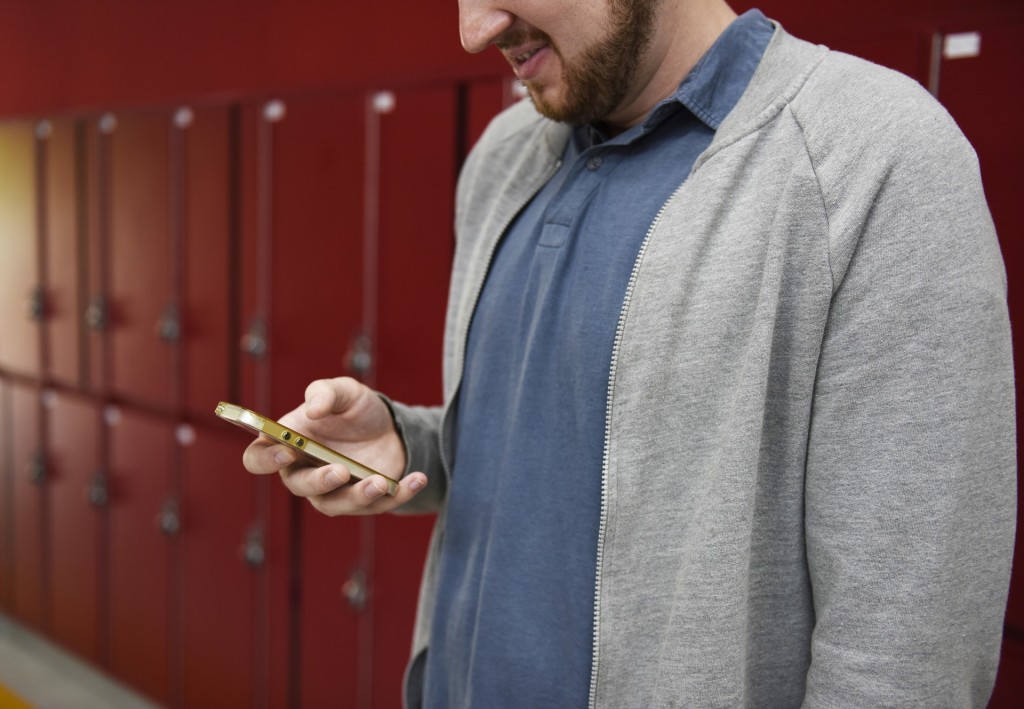Most of us associate addiction with drugs, alcohol and gambling. When abused, these things have the ability to ruin lives. As time goes on, however, many people would argue that technology overuse should be added to that list. As of now, technology addiction, or Internet addiction disorder, is not included in the Diagnostic and Statistical Manual of Mental Disorders. It is, however, a hot topic in our ever-advancing technological society.
According to a 2015 Nielsen survey, Americans spend, on average, 11 hours a day consuming digital media. From computers and television to video games and smart phones, that’s more than enough screen time. Unfortunately, studies show that technology addiction can, in some instances, lead to destructive behaviors such as Internet gambling and pornography. More often, it is associated with a lack of sleep, stress and depression. Regardless, it tends to disconnect people from the world around them.
If screen time is interfering with your ability to engage with others, here are a few things you can do to scale back your tech addiction and better connect with the world around you.
- A great way to gauge the severity of your addiction is to temporarily unplug. Set aside a period of time when you won’t be using your phone, perhaps while on vacation or when participating in a digital detox retreat.
- Set ground rules. To avoid another dinner with everyone starring at their phones, set some boundaries. Keep meal times device-free. Set a strict phone curfew, especially if you’re losing sleep over social media. Designate a specific time to respond to emails. And finally, set an auto response on your work email so people will know they can expect your reply the next business day.
- Fight tech with tech. Struggling to set limits? Use your device to help control your addiction. Start by turning off your notifications. That allows your eyes and ears to focus on the present moment. Next, download blocker apps such as Freedom, Focus Me and Self Control, which let you block your own access to distracting websites and apps.
- Practice being present. When you eliminate distractions, it’s easier to discover the world around you. Practice looking people in eye, and engage in activities where devices are discouraged, such as sports, classes or clubs. Learn a new skill, travel, meditate, people-watch, breathe—and simply live life.
Smart phones, laptops and iPads are not inherently bad. While they serve a useful purpose in our society and can be enormously helpful, they are also distracting and create an environment where we are often disengaged. Make 2018 the year you limit your screen time—and encourage your friends and family to do the same.
David Lowenstein, Ph.D. is a psychologist and the clinical director of Lowenstein & Associates, Inc. in Columbus, Ohio. In addition to providing therapeutic services to individuals and families, he offers training and consultation to numerous associations, schools and agencies around the country. Additionally, he is a frequent radio and TV guest and a resource and contributing writer for numerous newspapers and magazines nationwide. Contact Dr. David Lowenstein at 691 South Fifth Street, Columbus, Ohio, 43206, or call 614.443.6155 or 614.444.0432.


